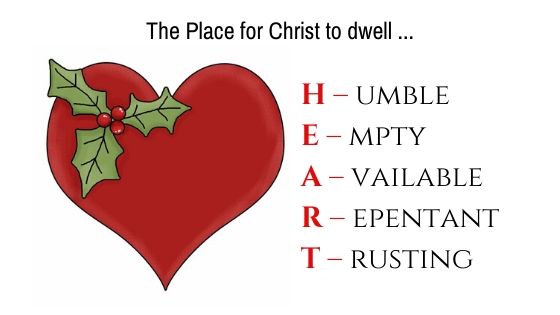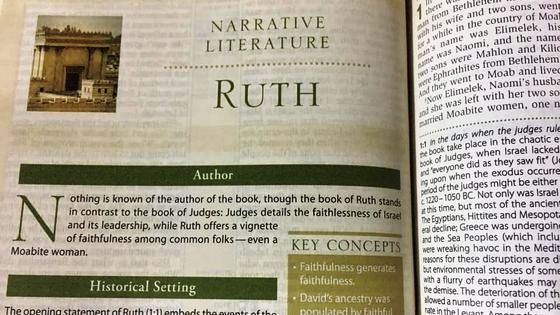The Place for Christmas
Although many Christians today say that Jesus Christ is the reason for the season, He is still out of place for many people in all the days of their lives and even during Christmas time. It’s just sad that Christmas is supposed to be all about Jesus, yet people neglect Him because of many concerns, … Read more










